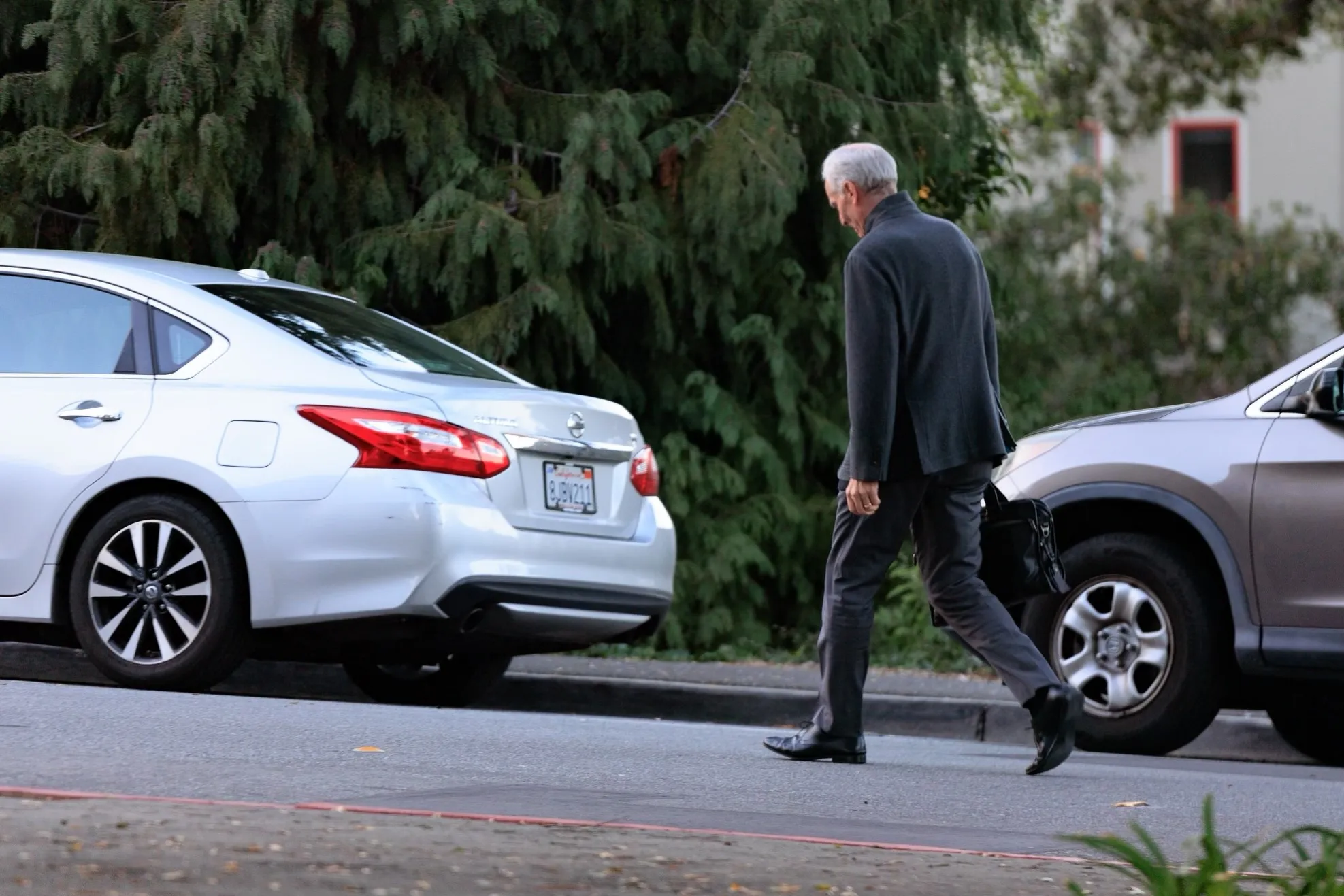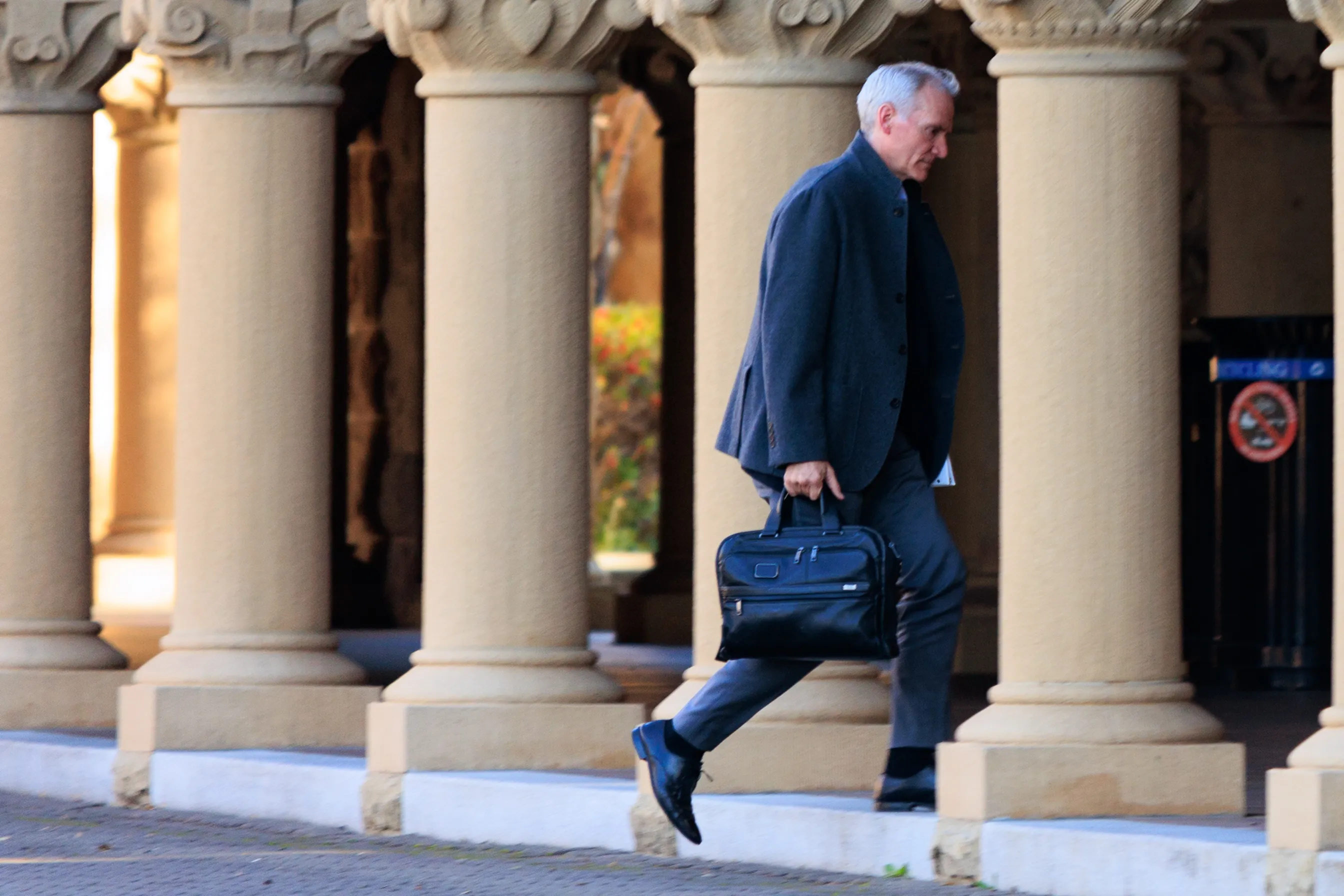Stanford President knew of concerns before publishing study
The biotechnology firm revealed new allegations of research misconduct in Marc Tessier-Lavigne’s lab and disclosed more potential image alterations while saying that its potentially “incomplete” findings did not prove fraud in a contested 2009 study.| The Stanford Daily



